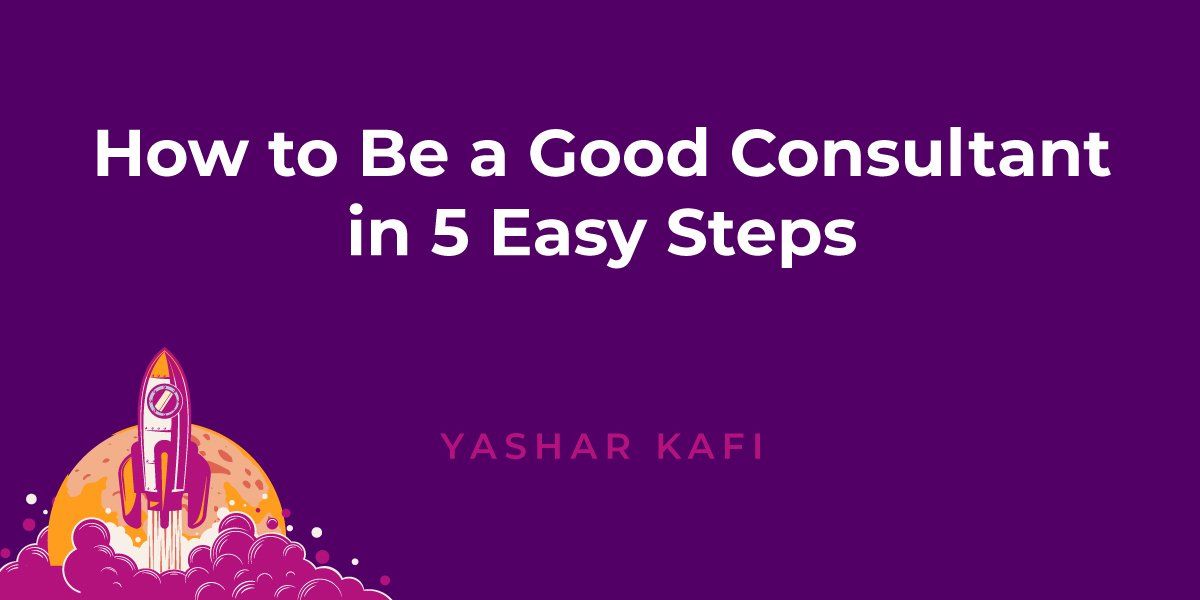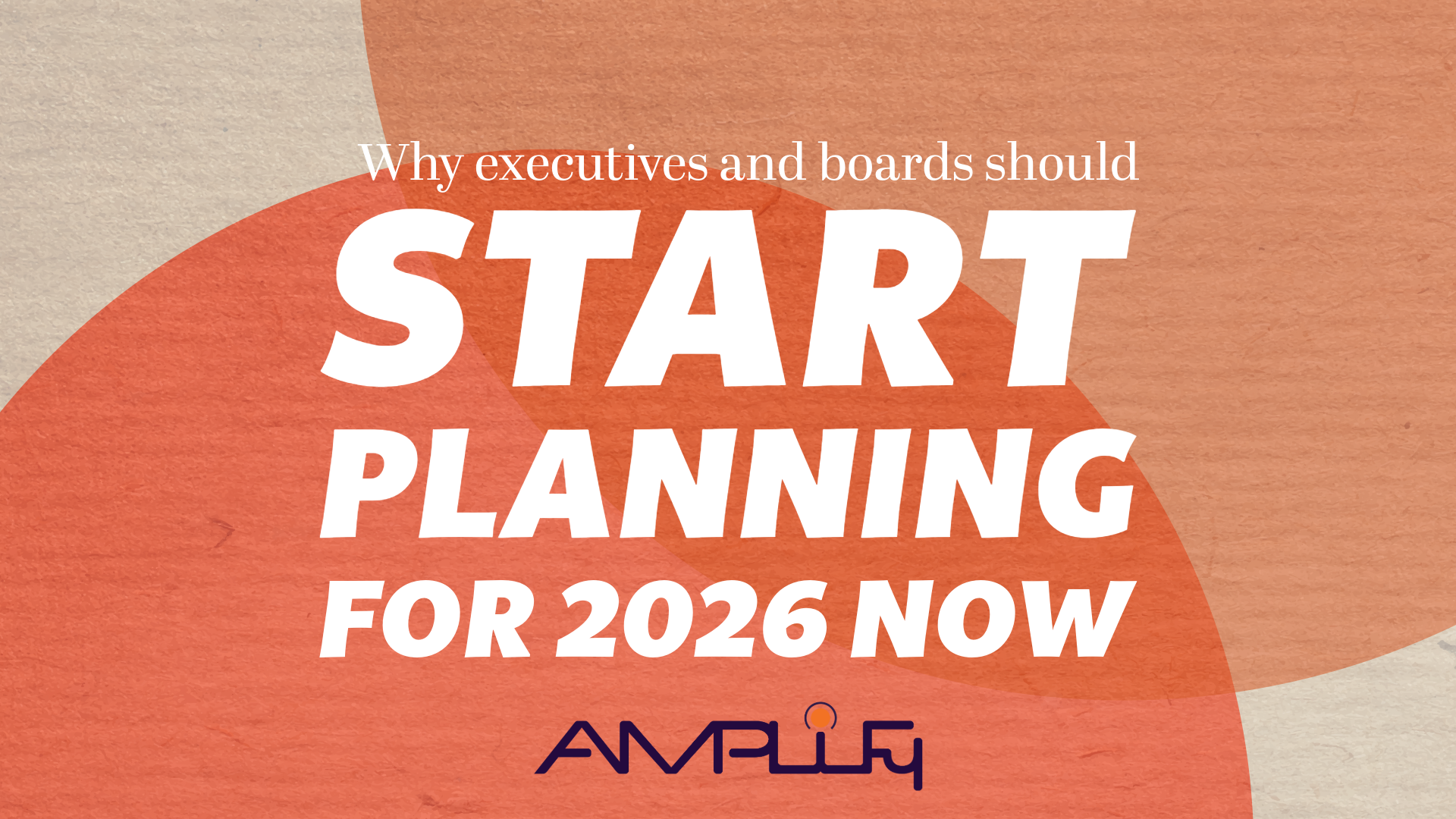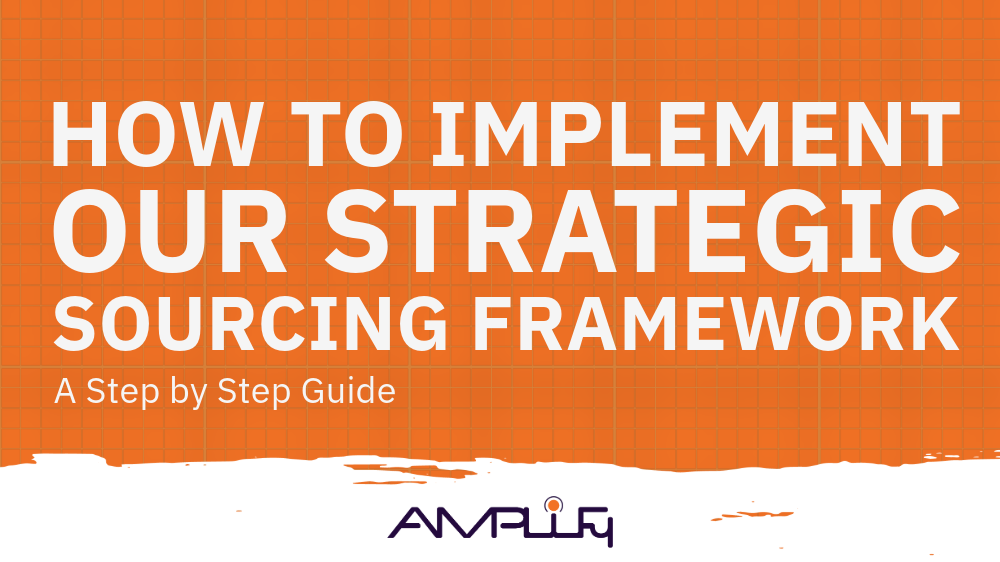How to Be a Good Consultant in 5 Easy Steps
For consultants looking for tips on how to be a solid consultant or organizations looking to hire a quality consultant, it’s essential to know what will set you apart from the crowd. Our helpful guide covers all the key attributes a good consultant should have so you know what to aim for. We’ll also explore what to keep your eye out for (as a hiring manager) to achieve optimal results: landing the best consultant.
Let’s start by looking at the consulting world today, as it’s constantly evolving. Having your finger on the pulse of what it takes to be a consultant at the top of your game in today’s consulting climate is essential.
The World of Consulting Today
The size of the consulting market in the U.S. is over 64 billion. This means that the world of consultants is quite saturated. Competition is stiff and fierce.
The harsh reality is that if you’re trying to impress companies to hire you among the massive pool of candidates also vying for the same position, you must set yourself apart from the rest. It’s also integral for hiring managers to find the best fit for their operations.
But it’s hard to decide when there are so many options. Similarly, it’s difficult to set yourself apart from the crowd when there’s a lot of noise. Nevertheless, it’s essential to become—or to hire—the best, as consulting is serious business in 2022.
The consulting industry is worth $132 billion globally, which means consulting is enormous. The consulting firm Deloitte alone is worth over $20 billion.
But being a good consultant means more than tethering yourself to Deloitte or one of the other “big four” as a hire.
So, what is this secret recipe for becoming—or hiring—a stellar consultant? Let’s dive a little deeper into this.
How to Be a Good Consultant
Let’s face it: not all consultants are created equally. Some become major changemakers in your company. You want to hire these folks.
On the other hand, many people have had bad experiences with some consultants, which has led to plenty of quickly google-able consulting jokes and stereotypes. You want to avoid being— or hiring—one of these types.
It can feel like a crapshoot, so you need to know the key characteristics of a good consultant. Then you can be (or hire) only the best. Let’s start at number one: active listening.
1. Practice Active Listening
As a consultant, if you don’t understand the issue or ultimate goal, you can’t help your client remedy or reach it. And the first step toward understanding anything is listening. But not just listening by sitting there and watching their mouths move—you must master active listening.
Active listening requires hearing your clients with a mindset of how you will use the information they provide to reach an optimal conclusion. This means you can’t just glaze over everything your client has told you and then do whatever you want. Instead, you will need to collaborate with your client to know their needs and what they want. Then you can then adopt the best strategy to get them exactly that.
To accomplish this, you need to have a deep understanding of the culture of the business and its day-to-day. There is no way around it.
2. If You Don’t Know the Answer, Don’t Lie
When you’re a consultant, people expect you to be an expert, of course. They also want your recommendations to work. So, if you advise them to do something, you better know what you are talking about.
If you don’t know the answer, don’t lie! After all, the fake it ’til you make it approach may pan out in some places in the world, but that strategy (if you can call it a real strategy) doesn’t fly in the consulting world.
Instead, if a good consultant doesn’t have an answer offhand, they won’t fabricate one but will get out there and find it. Bottom line: A client would rather know you don’t know (yet) than be led astray by false bravado.
3. Build Trust
Trust is a fundamental building block for successful relationships. Another reason good consultants don’t lie: if you do, there is no hope for trust. How will you ever get to the root of the issues or reach your ultimate goals without trust?
4. Don’t Repeat the Same Solution for Every Problem
This is a huge consulting stereotype and a big no-no, for good reason. Not every solution works for every business, and even if you are working with organizations in the same industry, not all companies are created equally.
5. Exercise Care When Making Changes
Changing teams, layoffs, and switching talent around can be uncomfortable, and a good consultant should be able to help navigate each of these scenarios. Doing so will require good listening, awareness, and sensitivity to all concerns that arise.
Changes in process, technology, and methodologies can also be uncomfortable. And when people feel discomfort, tension, stress, and fear tend to follow. Navigating changing situations will require grace and care. Remember, you are trying to “manage change,” and people don’t always welcome change.
Best Consulting Courses and Skills
I’ve said it before: consultants deserve an honorary business psychology degree. I’m joking, of course, but some core consulting courses and skills are vital for making—and spotting—a great consultant. These courses and skills include, but are not at all limited to:
- project management
- presentation courses
- data analysis
- negotiation skills
- business strategy
- software know-how (Salesforce, SAP, HubSpot, Microsoft, Oracle, etc.)
- consulting techniques/frameworks
- problem-solving
- leadership
- HR (interview techniques and soft skills)
Depending on what you’re doing in your specific consulting role, one isn’t necessarily better than another. Also, MBAs—once considered a non-negotiable—are now seen as degrees that can be useful but aren’t necessarily must-haves.
Hiring a Consultant? How to Spot a Good One
Part of what helps one recognize a good consultant is learning how to spot a bad one. The following is a list of some of the many red flags that indicate a consultant is not worth your time.
A bad consultant:
- overpromises and underdelivers
- makes many quick recommendations but doesn’t take responsibility for the results of those recommendations
- recycles the same ideas while disguising them as new and innovative solutions
- focuses on themselves more than the client (led by ego)
- concentrates on short-term goals, often so much that it impairs their vision for long-term deliverables
Consulting can be a challenging career, but it’s also rewarding. And while there is no perfect recipe for becoming a good consultant (we’re all unique), this list is an excellent start to help you spot—and become—the best consultant in the biz.
Ready to learn more? Connect with us today.




